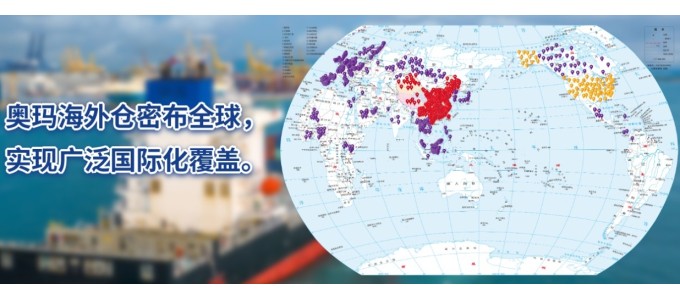Business Ecosystem
A business ecosystem is the network of organizations—The idea is that each entity in the ecosystem affects and is affected by the others, creating a constantly evolving relationship in which each entity must be flexible and adaptable in order to survive as in a biological ecosystem.
海外倉
E倉批發平臺
物流平臺搭建服務
GLA全球物流聯盟網
小朱云倉
奧瑪跨境物流服務
香港最大的倉庫自動化系統集成商 - 威裕環球
BUD專項基金
平臺速配--荃灣
奧瑪物流短視頻推廣生態圈
物流數據
佛山喜裕塑料托盤制品有限公司
倉易訂管理系統
eWMS系統-倉庫管理系統
3PL物流故事
越南物流地產
標普計劃活動
中越運輸生態圈
聯盟會員普惠活動
國家物流樞紐發展生態圈
奧瑪物流倉儲聯盟會員抖音計劃生態圈
Ecosystem is a network
A business ecosystem is the network of organizations—including suppliers, distributors, customers, competitors, government agencies, and so on—involved in the delivery of a specific product or service through both competition and cooperation.
Constantly evolving relationship
The idea is that each entity in the ecosystem affects and is affected by the others, creating a constantly evolving relationship in which each entity must be flexible and adaptable in order to survive, as in a biological ecosystem.
Understanding a Business Ecosystem
Business strategist James Moore adopted this biological concept in his 1993 Harvard Business Review article "Predators and Prey: A New Ecology of Competition", in which he paralleled companies operating in the increasingly interconnected world of commerce to a community of organisms adapting and evolving to survive. Moore suggested that a company be viewed not as a single firm in an industry, but as a member of a business ecosystem with participants spanning across multiple industries.
In effect, the business ecosystem consists of a network of interlinked companies that dynamically interact with each other through competition and cooperation to grow sales and survive. An ecosystem includes suppliers, distributors, consumers, government, processes, products, and competitors. When an ecosystem thrives, it means that the participants have developed patterns of behavior that streamline the flow of ideas, talent, and capital throughout the system.
Ecosystems and Competition
Ecosystems create strong barriers to entry for new competition, as potential entrants not only have to duplicate or better the core product, but they must also compete against the entire system of independent complementing businesses and suppliers that form the network.
Being a part of a business ecosystem provides mechanisms to leverage technology, achieve excellence in research and business competence, and compete effectively against other companies. Some other goals of a business ecosystem include:
Driving new collaborations to address rising social and environmental challenges
Harnessing creativity and innovation to lower the cost of production or allow members to reach new customers
Accelerating the learning process to effectively collaborate and share insights, skills, expertise, and knowledge
Creating new ways to address fundamental human needs and desires




















